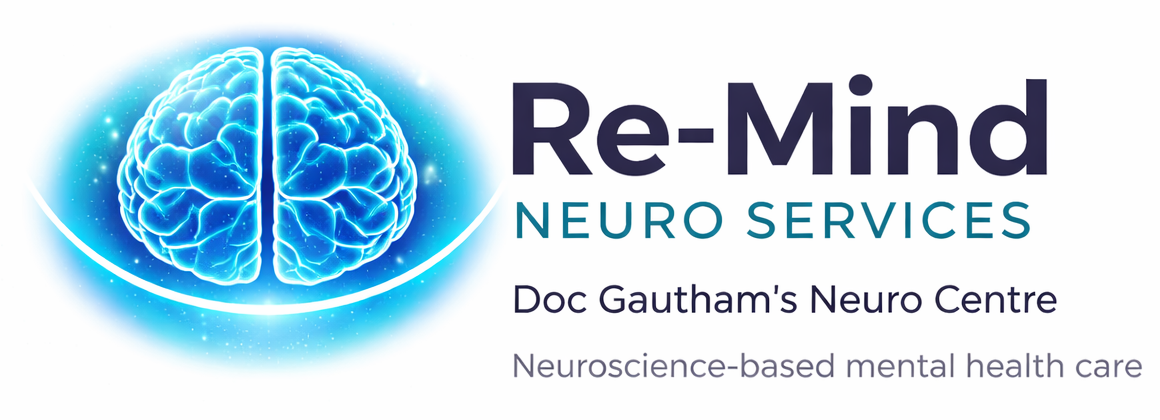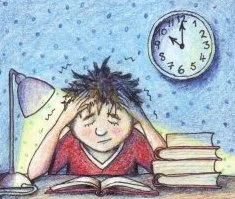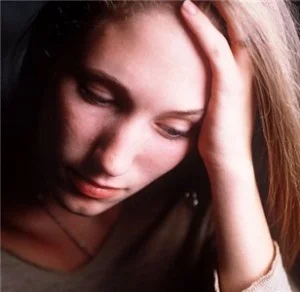Everyone feels anxious at times. Challenges of daily life such as pressure of work, public speaking, pressing schedules or examinations can lead to anxiousness. People suffering from an anxiety disorder, however, experience intense, prolonged feelings of dear and distress for no obvious reason making their life a constant experience of uneasiness and fear that interferes with their daily functioning and their relationships with family, friends and colleagues.
Are you just worrying? Or suffering from anxiety? Find out
Are you Anxious, or Just afraid Find out
You need to consult a specialist if:
- you feel that your anxiety is seriously affecting your daily life.
- you can’t control your anxiety through your own efforts.
- you have so many of the symptoms of anxiety that you are always worried about the state of your health.
- that in addition to anxiety, you are always falling sick
Anxiety disorders are the most common of all mental health problems. They affect children as well as adults. Anxiety disorders are illnesses. They are caused by disturbances in neurotransmitter circuits in the brain triggered an individuals personal circumstances, in genetically prone individuals. They can be easily treated.
But they are often mistaken for mental weakness or instability, and the resulting social stigma can discourage people with anxiety disorders from seeking help.
It is common for people to suffer from more than one anxiety disorder (see panel on right); and for an anxiety disorder to be accompanied by depression, eating disorders or substance abuse. Anxiety disorders can also coexist with physical disorders, in which case the physical condition should also be treated.
There are two main medical approaches to treating an anxiety disorder: (1) medication (anti-depressants and anti-anxiety drugs) and (2) Brief Intensive Cognitive therapy. Combining the two types of treatment is most effective.
Researchers have discovered in 2010 that, in stressful conditions, the hypothalamus, in the brain of those with a genetic predilection, secretes a protein called Urocortin-3 which stimulates the brain region related to fear and anxiety, as well as the region related to stress metabolism.
How to differentiate between “normal” anxiety and Anxiety Disorder:
It’s sometimes hard to discern the difference between feeling anxious about something and an anxiety disorder. The common symptoms of Anxiety Disorder are:
Agitation: Feeling feel agitated or anxious before the event or trigger that is causing the anxiety.
Fear: Mild events produce extreme fear and may even last for days afterward, when other people have returned to normal.
Tension: Trouble relaxing, even when there are no potential triggers or events coming up.
Distress: Even mildly stressful situations leaves you feeling flustered, snappy, angry or ready to cry.
Worry: A tendency to worry constantly about triggers, things from the past or even made up scenarios
Click here for some tips for handling your anxiety
Symptoms of Anxiety
- Dizziness, Breathlessness
- Inability to concentrate,
- Nausea / vomiting sensation
- Peculiar feeling in the stomach
- Sweating a lot
- Shaking or Trembling
- Insomnia / disturbed sleep
- Muscle tension
- Numbness or tingling in limbs
- Need to urinate more
- Pounding of the heart,
- Vague fear / apprehension
- Irritability
- Forgetfulness
- Intolerance to noise
Generalized Anxiety Disorder– This is characterized by exaggerated worry about routine life events and activities, accompanied by physical symptoms can include nausea, trembling fatigue, muscle tension, or headache which completely disrupts the person’s life.
Phobias – Phobia is an irrational fear of an object or situation. Phobias are divided into two categories: simple (specific) phobias, such as fear of flying, blood and heights; and social phobia, which involves fear of social situations.
Social Phobia – People with social phobia have an intense fear of being observed or of doing something horribly wrong in front of other people with an irrational self-consciousness about social situations which can be paralyzing. The feelings are so extreme that they tend to avoid objects or social situations that might stimulate that fear (agoraphobia). This interferes with their ability to lead a normal life. Click here for Phobia page
Panic Disorder – Panic is an overwhelming feeling of terror that replaces normal thinking, and produces irrational behavior. Panic may be accompanied by chest pain, heart palpitations, shortness of breath, dizziness, abdominal discomfort, feelings of unreality and fear of dying. Click here for Panic Disorder page
Obsessive-Compulsive Disorder – This is a condition in which people suffer from insistent and persistent unwanted thoughts, or images. (obsessions). Any attempt to control these obsessions produces intense anxiety and / or panic. Sometimes these obsessions and anxiety are controlled by rituals (compulsions) with a magical quality. The obsessions and compulsions can totally disrupt life for the individual and the entire family. Click here for OCD page.


